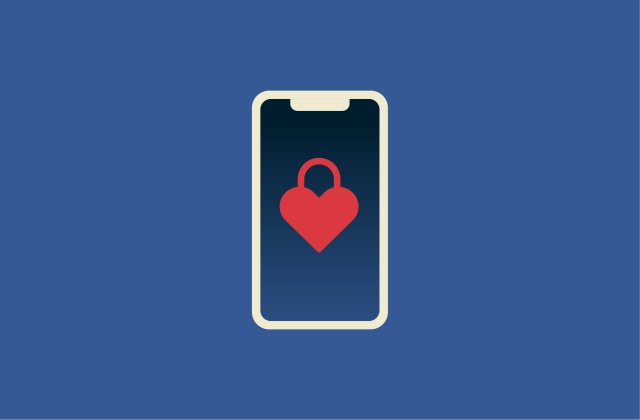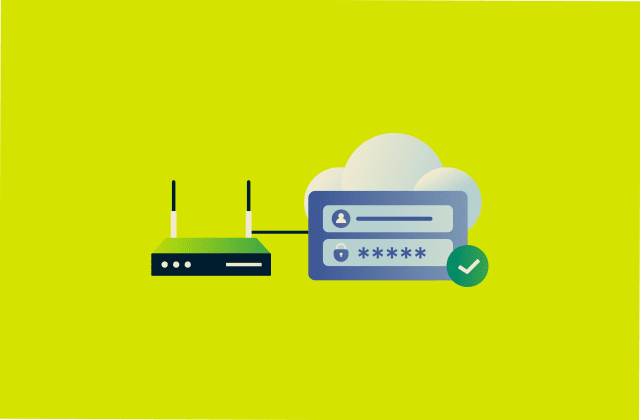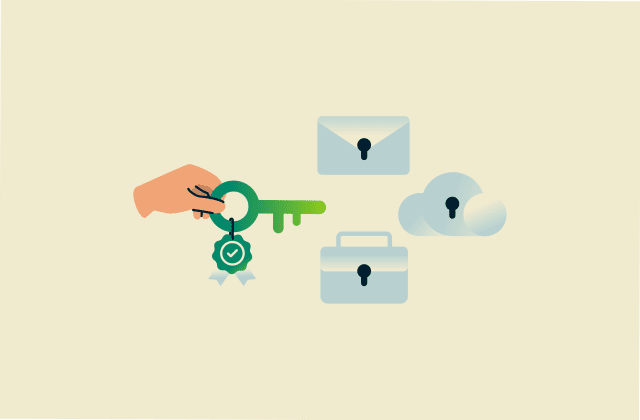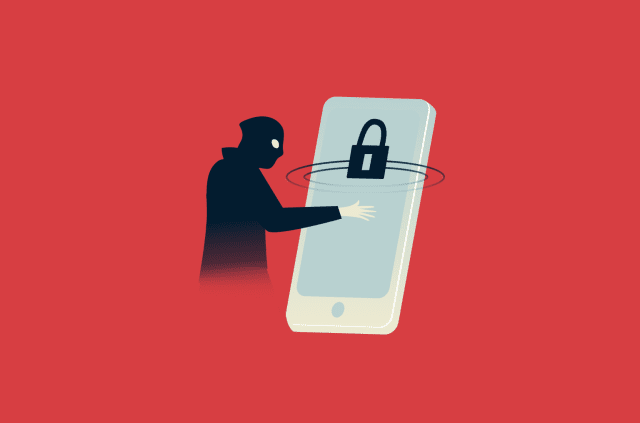Is Telegram safe? Expert breakdown on privacy, encryption, and risks

With nearly a billion users and a reputation for privacy, Telegram has become a go-to app for secure conversations. But is it as safe as it seems?
While secret chats offer real end-to-end encryption (E2EE), Telegram’s default chats and public channels don’t have the same protection. With questions around metadata, data storage, and security, it’s worth taking a closer look.
In this article, we’ll break down what Telegram does well, its privacy gaps, and how to get the most out of its security features. Whether you’re already using Telegram or just curious how it compares to other messaging apps, here’s your guide to making smart messaging choices.
What is Telegram, and how does it work?
Telegram is a cloud-based messaging app that lets you send text, voice, and video messages, join public channels, and create groups of up to 200,000 people. While it offers regular chats and public updates, it also includes secret chats with E2EE for private conversations.
Telegram works across multiple devices and supports features like file sharing and bots for extra functions, making it a flexible tool for group and private chats.
What makes Telegram different from other messaging apps?
Telegram isn’t just about sending messages: it’s a powerful tool for sharing news and building communities through broadcast groups and public channels that can have unlimited subscribers. In countries with strict censorship, these channels help people stay connected and informed.
Another way Telegram differs from other messaging apps is how it handles privacy. Apps like Signal use E2EE for every chat automatically, but with Telegram, you have to turn it on yourself in secret chats. For regular chats, Telegram encrypts messages while they’re being sent but then stores them on its servers, so you can get them on any device you’re using.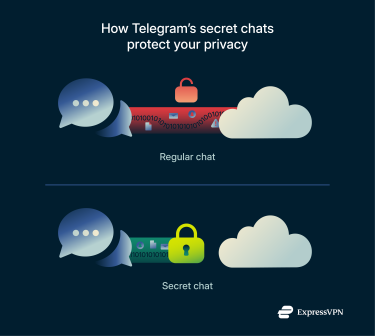 Also, Telegram has a decentralized corporate structure. It’s mainly based in Dubai, but it’s legally registered in the British Virgin Islands and operates through a network of shell companies. This setup helps avoid government scrutiny, but it can make it harder to know exactly how the company handles your data.
Also, Telegram has a decentralized corporate structure. It’s mainly based in Dubai, but it’s legally registered in the British Virgin Islands and operates through a network of shell companies. This setup helps avoid government scrutiny, but it can make it harder to know exactly how the company handles your data.
Some of Telegram’s other standout features include bots that add functions like payments or automated tasks to your chats and cloud-based storage that syncs your messages across devices so you can stay connected anywhere.
Is Telegram encrypted?
Encryption is one of the most important parts of any messaging app, and Telegram has its own system to protect your chats. Regular chats are encrypted while they’re sent, but only secret chats use E2EE for complete privacy. This means your level of protection depends on how you’re using the app.
What type of encryption does Telegram use?
Telegram uses its own encryption system called Mobile Telegram Protocol (MTProto), a custom protocol designed to secure mobile messaging by combining different encryption methods. Here’s what it includes:
- Advanced Encryption Standard (AES-256) encryption: Scrambles messages so they’re unreadable to anyone who might try to intercept them, ensuring your chats stay private.
- Rivest–Shamir–Adleman (RSA-2048) encryption: Protects the process of sharing keys needed to unlock messages, adding an extra layer of security to your conversations.
- Diffie-Hellman (DH) key exchange: Further enhances security by ensuring that keys are not shared openly but are instead created during the communication process.
This system keeps conversations private, especially in secret chats that have full E2EE.
However, regular chats are only encrypted while they’re sent and are stored indefinitely on Telegram’s servers. Plus, MTProto isn’t fully open-source, which means independent security experts can’t review it for vulnerabilities.
Does Telegram have end-to-end encryption by default?
Telegram doesn’t offer E2EE by default. Instead, this stronger layer of protection is only available in secret chats, which you have to turn on manually. Regular chats are still encrypted in transit, but they’re stored on Telegram’s servers, meaning they can sync across your devices but are not as private as secret chats.
Does Telegram collect data or metadata?
When using any messaging app, it’s important to know what kind of data is being collected and how it’s stored. Telegram promises privacy and security, but it does collect and keep some information about you and your activity.
While Telegram’s cloud-based design makes it easy to sync chats across your devices, it also means your data can be stored on the app’s servers. Knowing what Telegram collects and for how long can help you understand the real level of privacy you’re getting when you use the app.
How long does Telegram store your information?
Telegram keeps your data, like your IP address and device details, basic connection data, and activity history on the app, for up to 12 months. Telegram states that it needs to keep this data for technical reasons, and it may share it with authorities if there’s a legal reason to do so.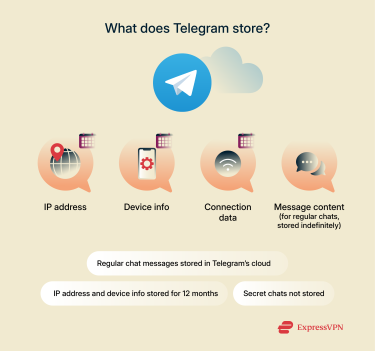 This storage is part of how Telegram keeps things running smoothly across different devices, but it also means your metadata isn’t completely private. To better understand the privacy risks of metadata, take a look at this article on metadata surveillance.
This storage is part of how Telegram keeps things running smoothly across different devices, but it also means your metadata isn’t completely private. To better understand the privacy risks of metadata, take a look at this article on metadata surveillance.
What does Telegram know about me?
When you sign up for Telegram, you provide your real phone number, which the app uses to verify your account. Telegram can also see your IP address, the device you’re using, and details like your username and contact list.
And while Telegram doesn’t store your message content in secret chats, it does store messages from your cloud-based chats on its servers. This includes all regular chats that aren’t end-to-end encrypted.
What are the main security concerns with Telegram?
While Telegram offers features that appeal to privacy-conscious users, it isn’t without its risks. From how it handles encryption to questions about the safety of its servers, there are several issues worth knowing about. For some users, these may be enough to put them off the app, especially when compared to other messaging apps with stronger security measures in place.
Here are the key issues with Telegram:
No end-to-end encryption
One of the biggest concerns with Telegram’s security is that E2EE is only available in secret chats that you have to start manually. Regular chats, including group conversations and public channels, are encrypted during transmission but are stored on Telegram’s servers.
Closed server-side code
Another security concern with Telegram is that its server-side code is closed-source. This means that independent security researchers can’t spot and fix potential security issues.
Unlike apps that use fully open-source code, like Signal, Telegram’s choice to keep its server code private has raised questions about how secure and transparent the platform really is. For privacy-focused users, this lack of transparency can be worrying.
Potential MTProto vulnerabilities
Telegram’s MTProto encryption protocol was designed to keep chats secure, but security researchers pointed out vulnerabilities in earlier versions of the protocol. These could have made it easier for attackers to crack MTProto.
Telegram has since updated the protocol to fix many of these issues, but because MTProto isn’t open-source, it’s harder for outside experts to review it fully and make sure it’s completely safe. This leaves some privacy advocates unsure about just how secure Telegram’s encryption really is.
Phishing issues
Another risk to be aware of when using Telegram is phishing. Attackers can send malicious links through the app, especially in public groups or channels where it’s easier to spread harmful content.
These links might look like they come from a trusted source, but clicking on them can lead to scams or malware that put your personal information at risk. While this isn’t unique to Telegram (phishing can happen on any platform), it’s still something to watch out for if you’re using Telegram to communicate or join large communities.
Can Telegram be hacked or traced?
Telegram’s security measures make it hard for casual snoops to access your messages, but it’s not impossible for cybercriminals to find ways in. Telegram has suffered several data breaches over the years, and its closed-source server software means security researchers can’t fully review it for vulnerabilities.
What’s more, Telegram stores regular chats on its servers. This setup means that authorities can legally request access to your messages if there’s a valid reason to do so.
And because Telegram requires your real phone number to register, this makes it easier for someone to connect your account data or IP address to your identity if they get access to it. That’s a different concern from government tracking, but it’s still worth noting if you’re worried about privacy.
Using a reliable VPN like ExpressVPN is the best way to encrypt all your data and stop your IP address from being traced when using Telegram, which boosts your privacy significantly.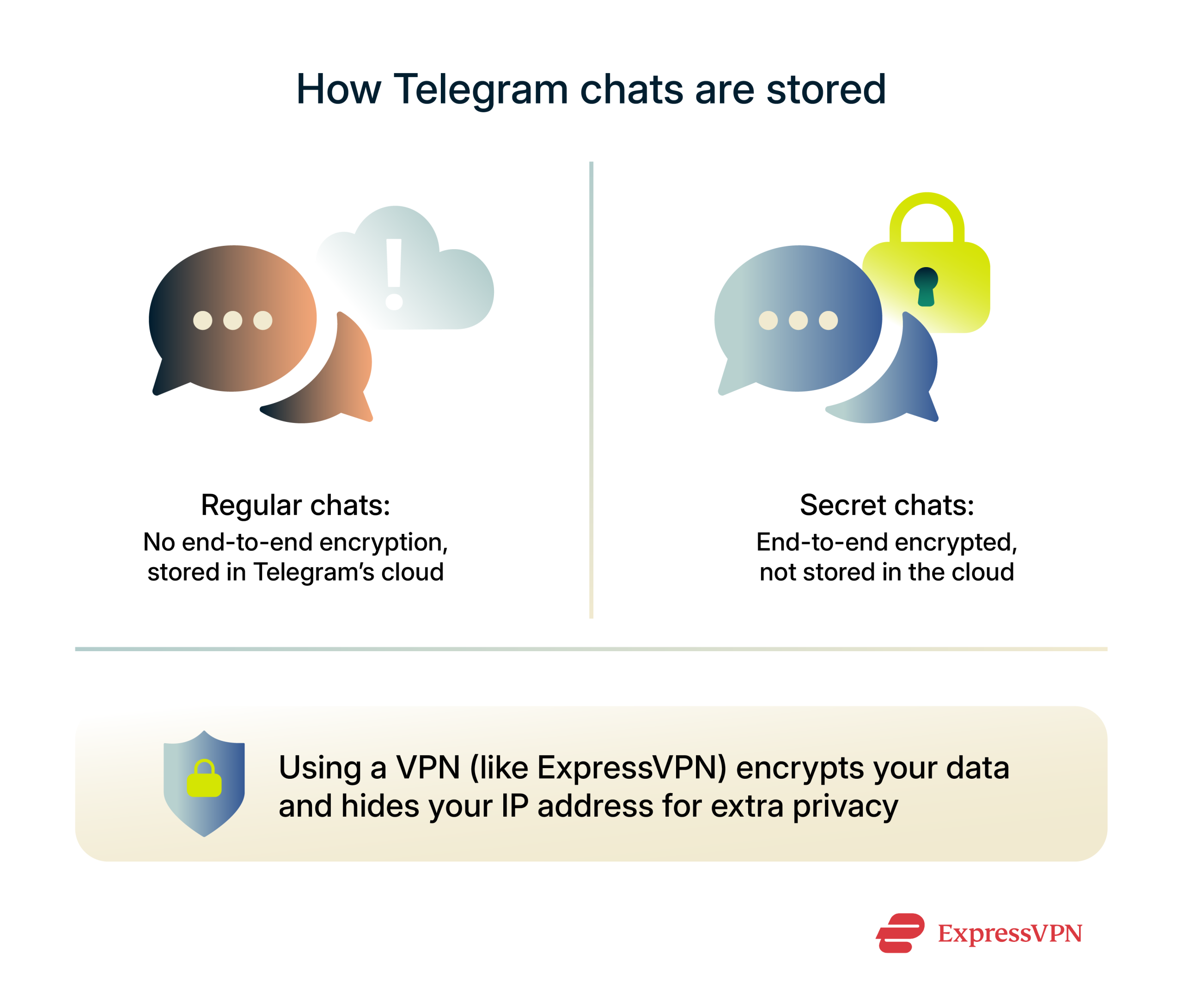
Why is Telegram considered controversial?
Telegram’s popularity comes not just from its privacy features but also from how it’s been used in different parts of the world. In countries with strict censorship, people turn to Telegram to share news and organize protests.
But at the same time, Telegram has faced intense scrutiny, especially after its CEO, Pavel Durov, was arrested in France in August 2024. Durov was charged with serious crimes, including “complicity” in the distribution of child pornography, drug trafficking, and fraud, which are all allegations linked to Telegram’s lack of content moderation.
He was released on bail, but the legal process is ongoing and has reignited debates about Telegram’s role in allowing illegal activities to thrive.
How to use Telegram more securely
Using Telegram comes with privacy and security risks, but there are steps you can take to make it safer. Here’s how to improve your privacy on Telegram.
1. Set up two-factor authentication (2FA)
2FA adds an extra layer of security to your Telegram account. Even if someone knows your password, they won’t be able to log in without a second code.
- Open Settings at the bottom right.
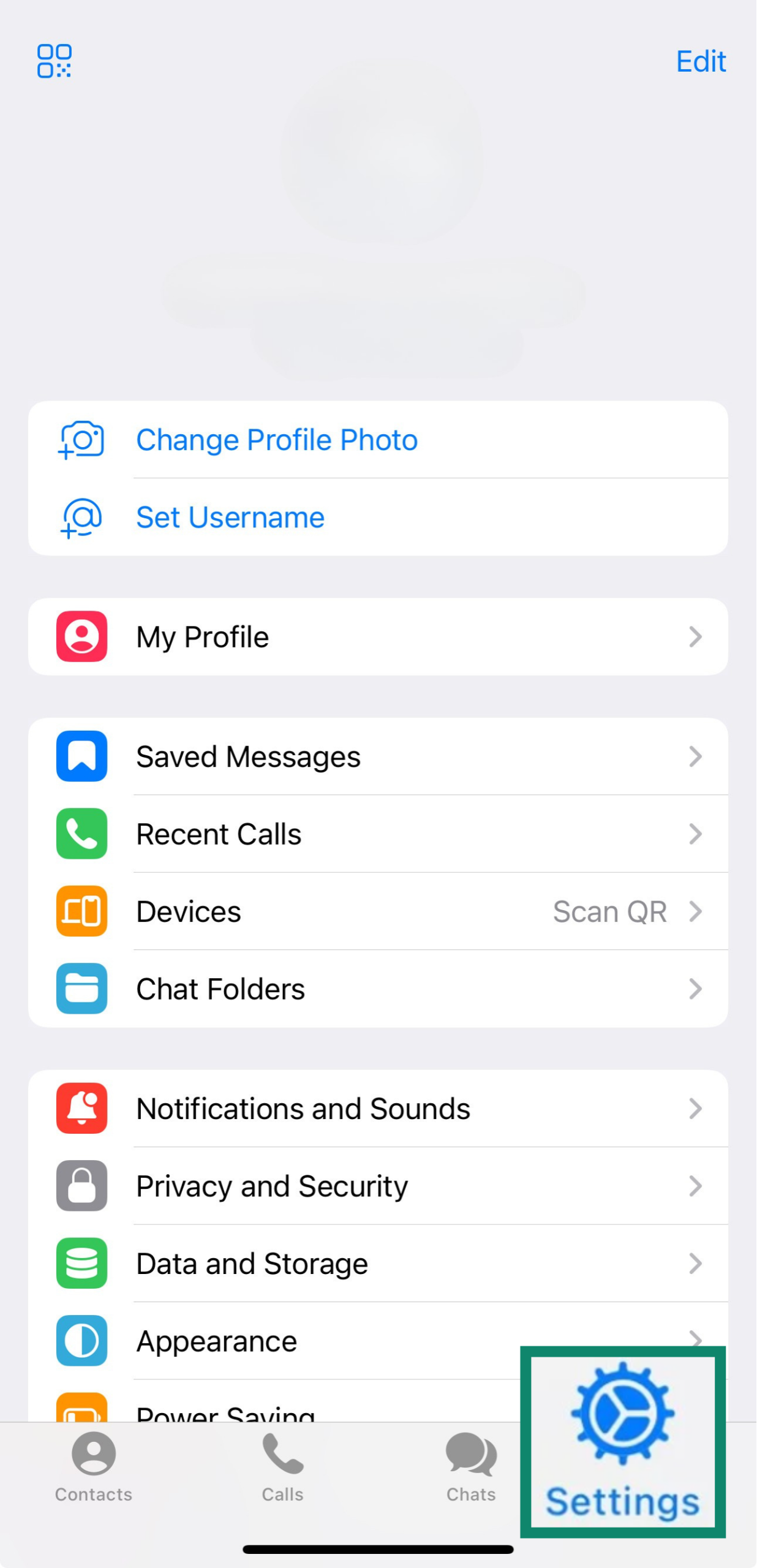
- Go to Privacy and Security.
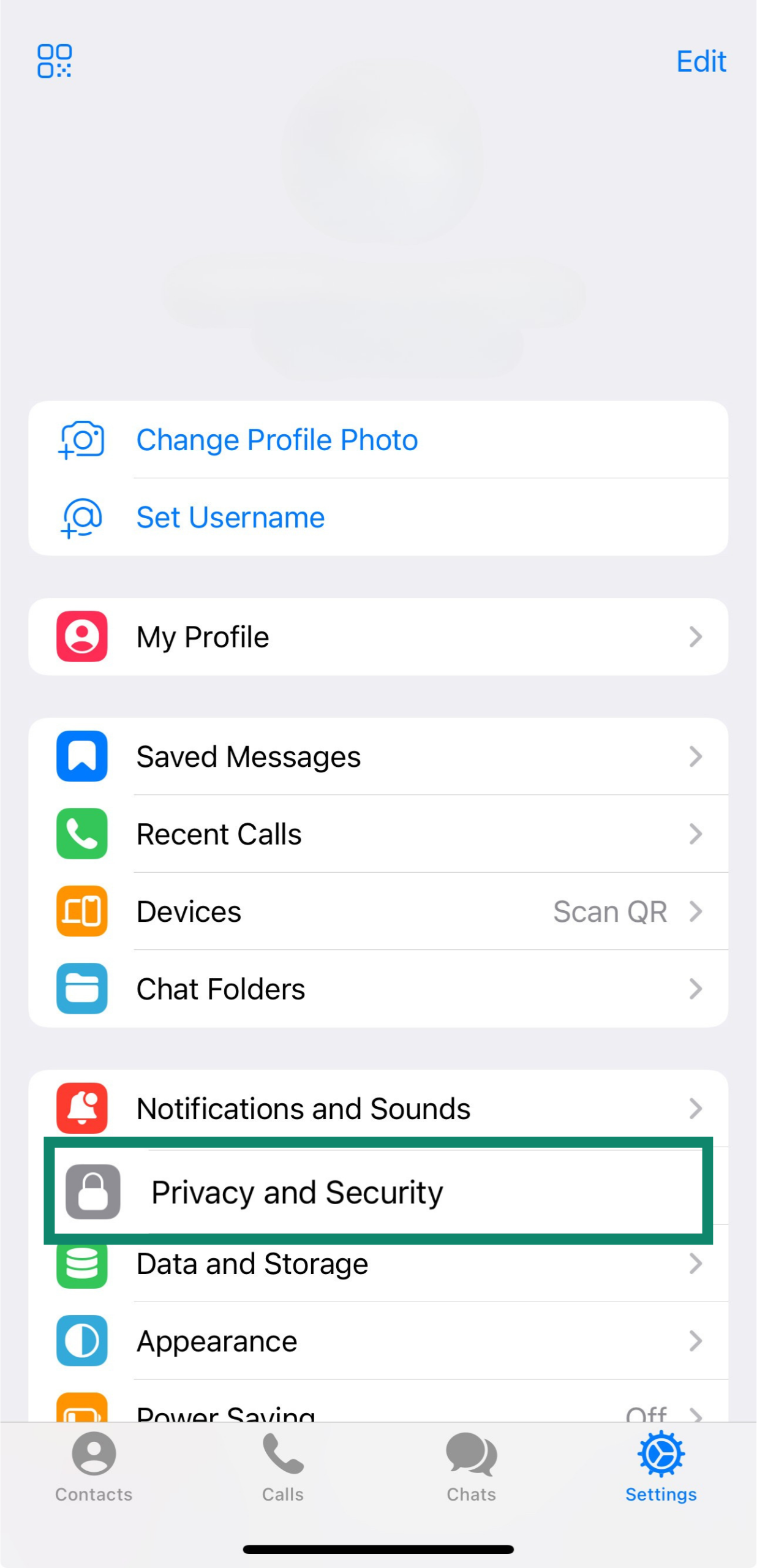
- Tap Two-Step Verification.
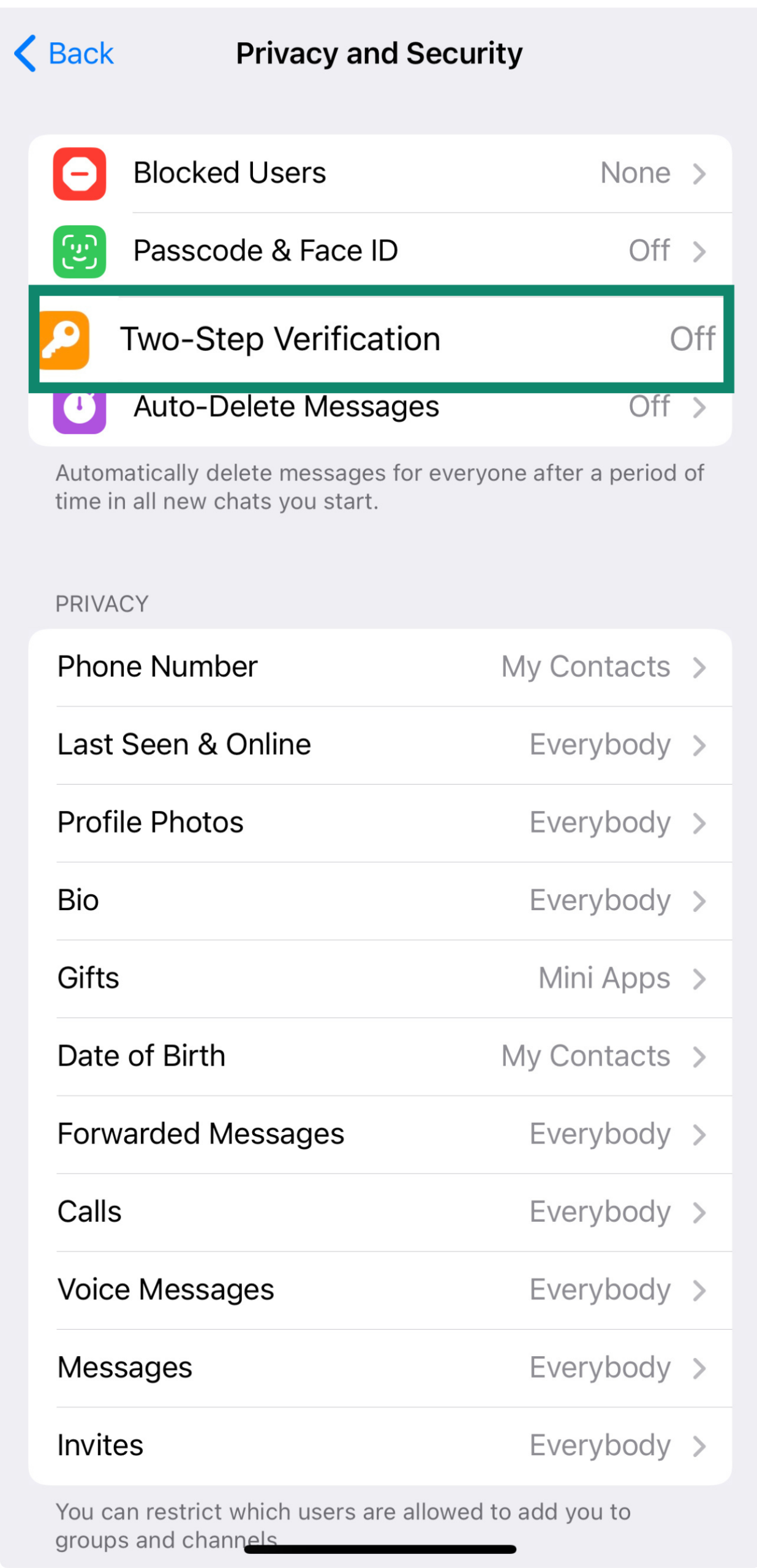
- Follow the prompts on Set Additional Password.
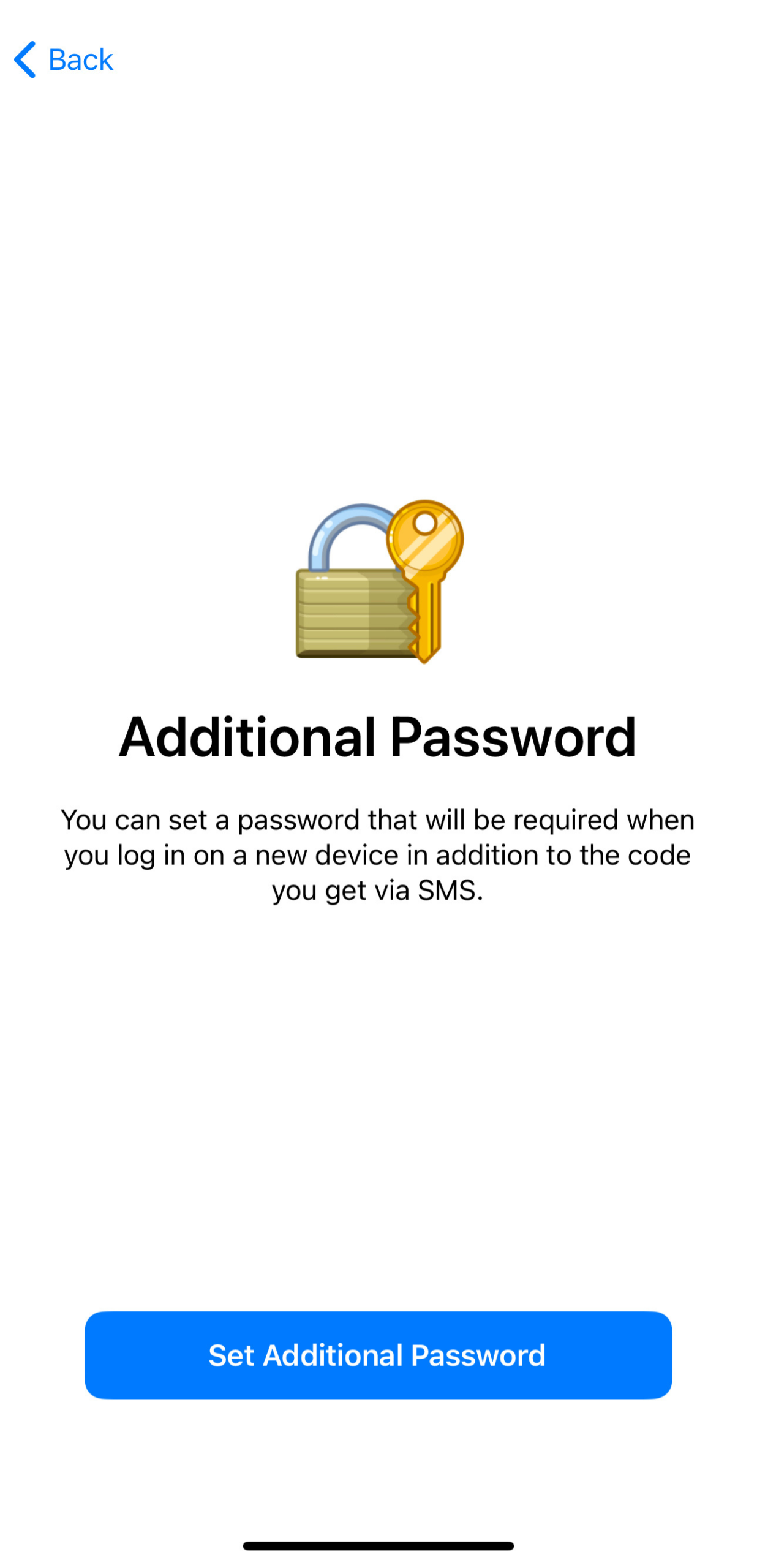
Choose a strong password that mixes uppercase and lowercase letters, numbers, and symbols. Make sure you save it somewhere secure, like in a password manager such as ExpressKeys, which can help with generating unique passwords and storing logins and secure notes.
2. Use a VPN
A VPN hides your IP address and encrypts all your internet traffic. This makes it much harder for anyone to track you or eavesdrop on your activity on Telegram or any other app.
ExpressVPN is a great tool for boosting your privacy, especially when using Telegram on open public Wi-Fi networks. Its Advanced Protection tools can also protect you against phishing links, which are a common issue on Telegram.
3. Adjust your privacy settings
Telegram lets you control who can see your personal details.
- Go to Settings.

- Tap Privacy and Security. Here you can decide who can see your phone number, profile photo, and last seen status. Limiting access to My Contacts instead of Everybody can help keep your personal details more private.
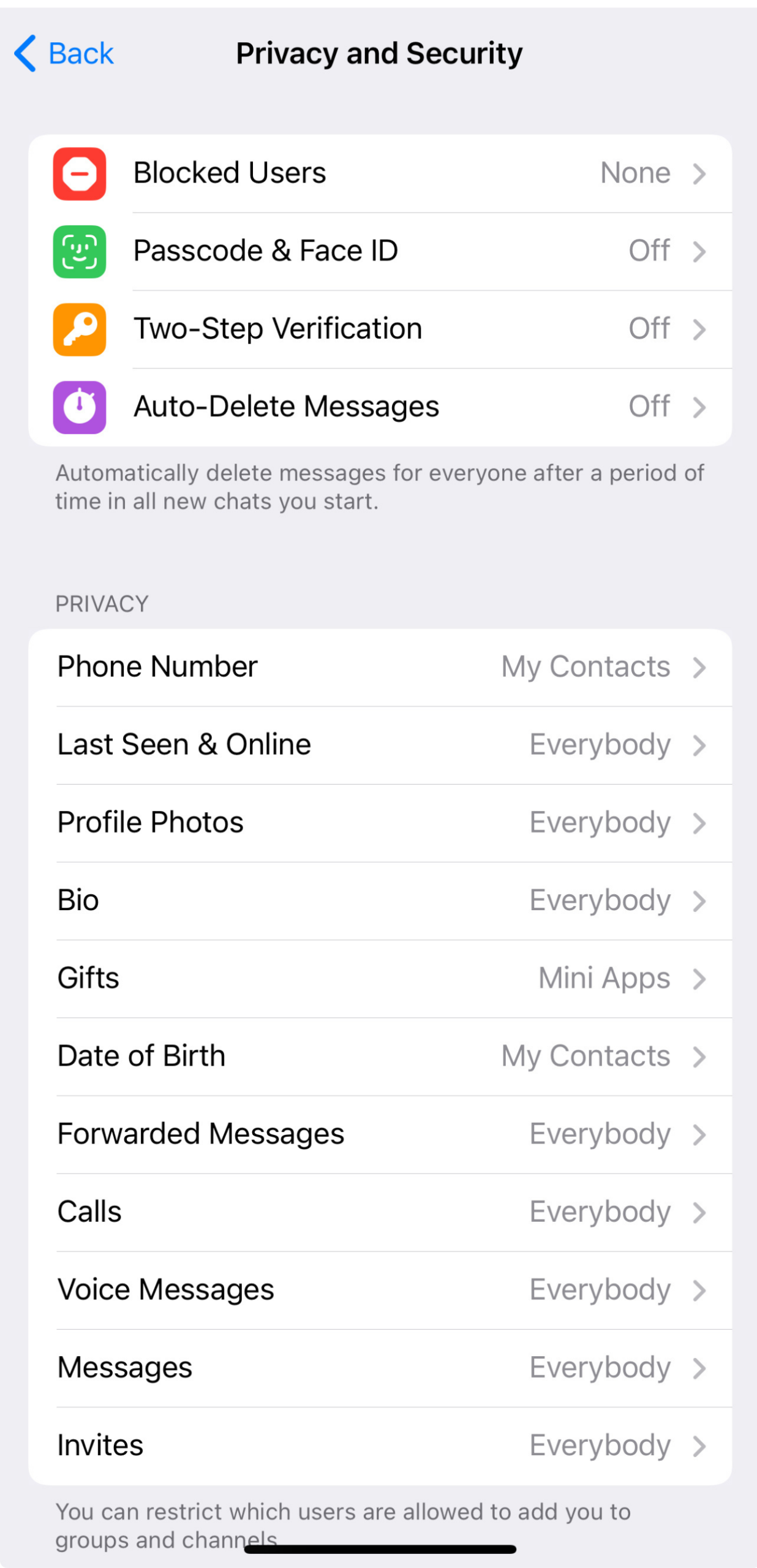
4. Keep the app updated
Always use the latest version of Telegram to make sure you have the newest security patches; updates often fix bugs and vulnerabilities that cybercriminals can exploit.
We recommend enabling auto-updates for the Telegram app, but if that’s not an option, you can go to the App Store, find Telegram, and see if it has an “Update” button. If there’s an update available, you should download it.
5. Use secret chats for more privacy
Secret chats in Telegram offer E2EE, making them much harder for anyone else to access. Here’s how to set them up.
- Open the chat with the person and tap their name at the top.

- Tap More.

- Tap Start Secret Chat.
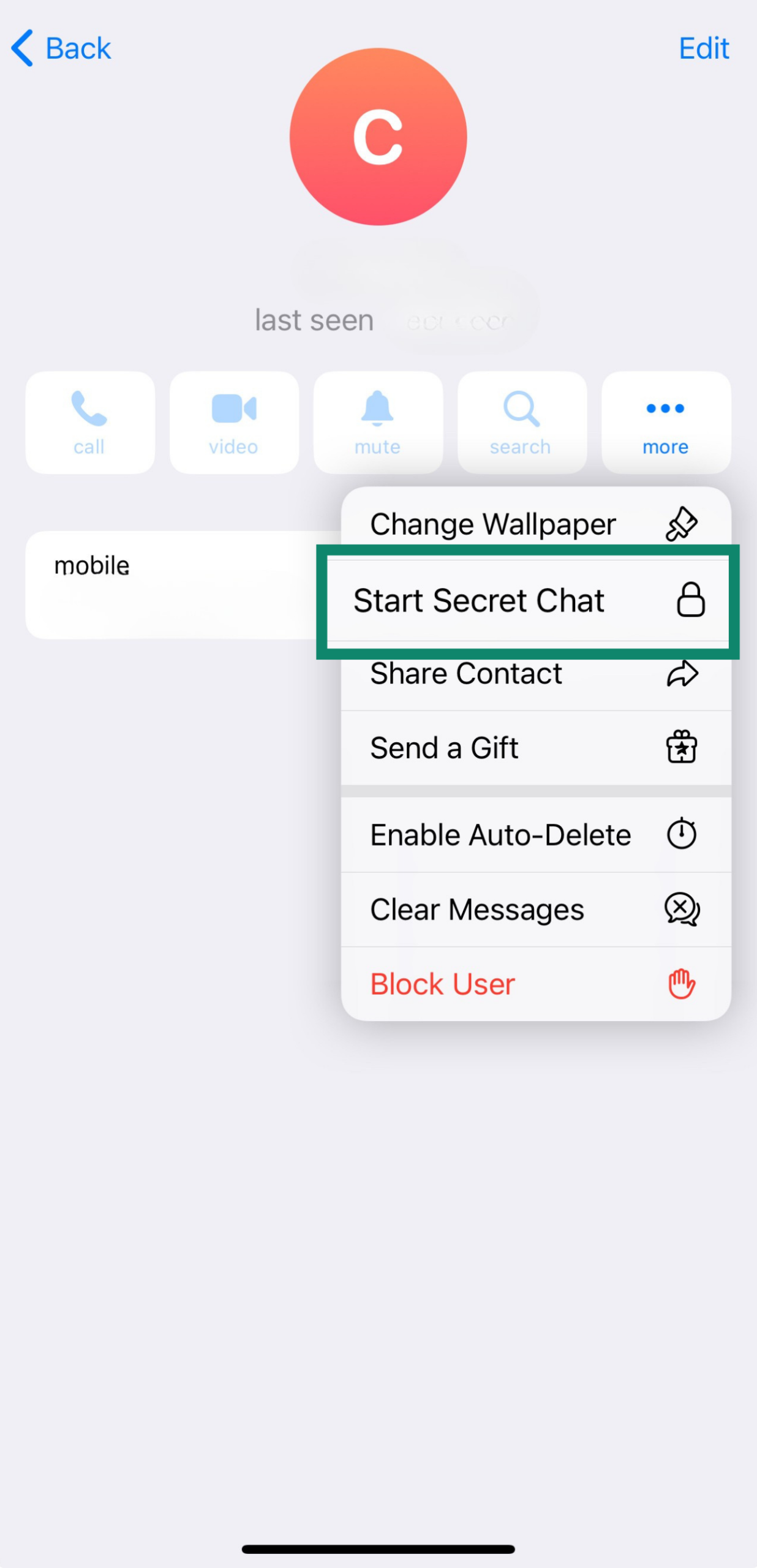
Important: These chats aren’t stored in Telegram’s cloud and can’t be forwarded, but the person you’re chatting with can still take screenshots, so it’s not a total guarantee of privacy.
6. Be cautious of links and phishing
Phishing scams can happen in public groups and in personal messages. Don’t click on links from people you don’t trust, and always double-check links to make sure they’re legitimate. Here are some good tips on how to spot phishing links.
7. Don’t share personal info in chats
Avoid sharing personal details like your home address, phone number, or financial information, especially in large groups or public channels. Even though Telegram has some privacy tools, it’s important to be careful about what you share. Think before you send, because once it’s out there, you can’t control who sees it.
How does Telegram compare to other secure messaging apps?
While Telegram has built a reputation for being more private than some mainstream apps, it’s not the only secure messaging option out there. Other apps like Signal, Wickr, and WhatsApp also promise strong encryption and different ways to keep your conversations safe.
What are the best alternatives to Telegram?
Signal
Signal is considered one of the safest messaging apps because it uses E2EE by default for every message. It also has a “Sealed Sender” feature to hide who’s sending messages and offers extras like disappearing messages, face blurring in photos, and PIN protection.
Unlike Telegram, Signal is fully open-source and run by a non-profit organization, which means security experts can review its code freely. Signal doesn’t track you or show ads, and the only personal data it collects is your phone number.
If you’re curious about how Telegram compares to Signal, ExpressVPN’s in-depth guide covers all the key differences.
Wickr
Wickr also has E2EE for all chats, plus it lets you set messages to self-destruct. It strips location data from anything you send and even has an option to block third-party keyboards for more privacy.
Wickr is owned by Amazon, and unlike Telegram, Signal, and WhatsApp, it’s mainly aimed at business users. While it has a temporary free tier for small teams, it’s usually a paid service.
WhatsApp is a top messaging app that uses E2EE by default for all chats, calls, and media. This means only you and the person you’re talking to can read your messages.
However, WhatsApp is owned by Meta (formerly Facebook), and some people avoid it because of concerns around how Meta collects and handles user data across its platforms.
| App | E2EE | Standout features | Ownership | Data collection | Free or paid |
| Telegram | Secret chats only | Unlimited size for broadcast group and public channels | Pavel Durov | Moderate | Free |
| Signal | By default | Entirely open source, face blurring, “Sealed Sender” | Signal Foundation | Minimal | Free |
| Wickr | By default | Third-party keyboard blocker, advanced features for businesses | Amazon | Depends on company’s data retention system | Paid (free trial for small teams) |
| By default | Document scanning, QR code for channels | Meta | Extensive | Free |
FAQ: Common questions about Telegram safety
Is Telegram safer than WhatsApp?
Telegram has secret chats with end-to-end encryption (E2EE), but this feature isn’t turned on by default. WhatsApp, on the other hand, uses E2EE for all messages and calls automatically. While Telegram offers more flexibility with its public channels and large groups (up to 200,000 members in groups, unlimited in broadcast channels), WhatsApp has stronger default privacy for everyday chats.
Can Telegram be used anonymously?
Telegram requires you to provide your real phone number when you sign up, so you can’t be completely anonymous. By default, your phone number is visible to your Telegram contacts if they have it saved in their contact book.
While Telegram does let you hide your phone number from strangers in the app, the fact that you must register with your real phone number means it’s never fully anonymous.
Is Telegram legal and safe to use in all countries?
Telegram is generally legal in most countries, but it’s been banned or blocked in some places because it’s seen as a way to share unfiltered information. It’s important to check the rules in your country if you want to use Telegram safely.
Take the first step to protect yourself online. Try ExpressVPN risk-free.
Get ExpressVPN






